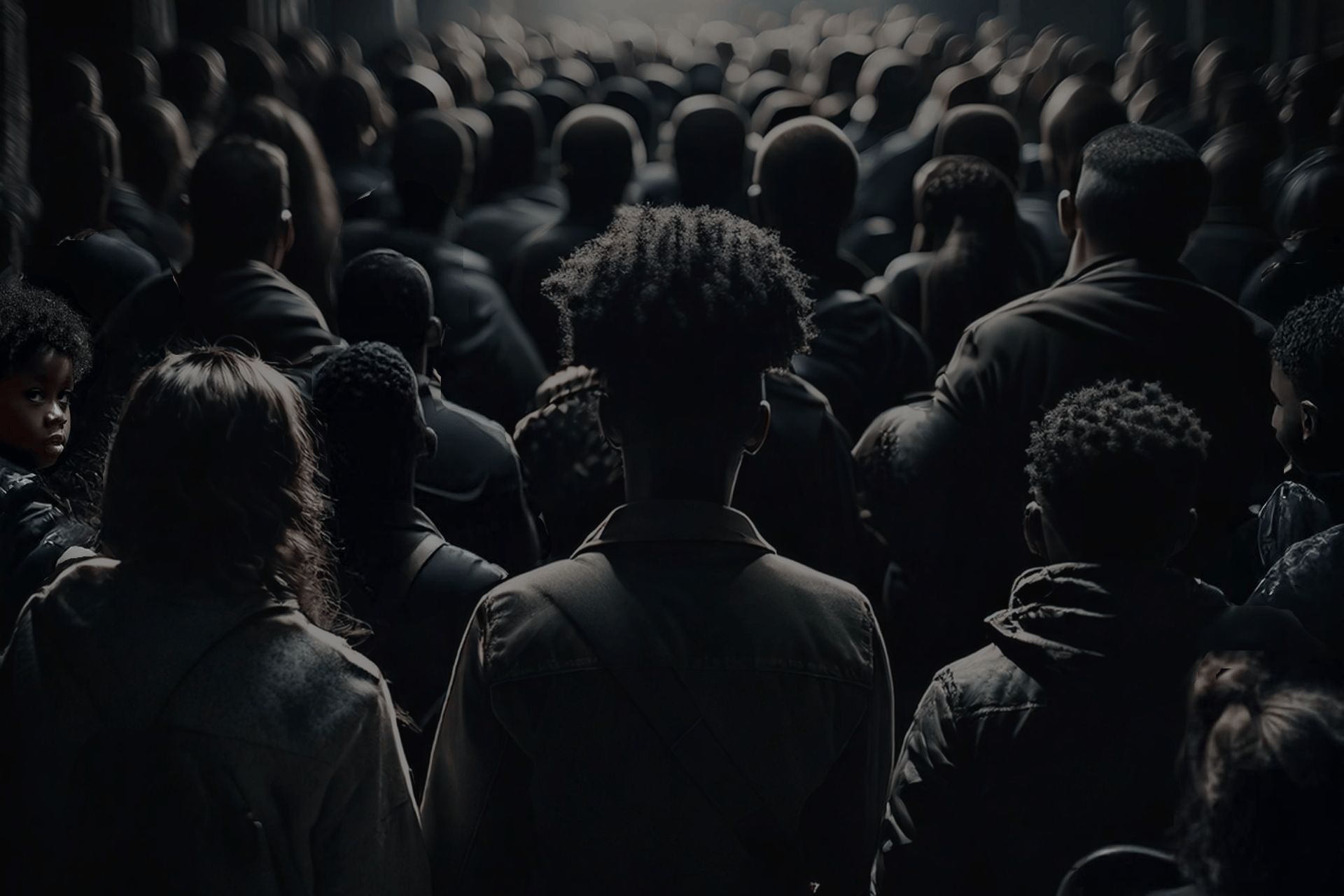
Criticism/ Theory of Race
Below is a selection of secondary resources that record, comment upon and/ or theorise the history of anti-Blackness in the US and UK. This list is not exhaustive, but it includes some of the best, most significant, and interesting research. Find out more about these works below.
Race Theory
Contrary to popular perception, race is neither biologically constituted or a natural/ instinctual way of organising populations. Rather our current ideas of race as a concept did not come into being until the late 17th century, after the advent of European colonial exploration and expansion. This section offers a range of scholarship on the construction and function of race as a concept, the history of Blackness as an idea, and the construction and consequences of White Privilege.
Racial ideologies are hardly objective, much less static. Rather, they change according to the challenges and needs of populations and eras. Nor do these ideas originate solely in political discussions or scientific discourses. Rather the stories we consume in books, films, on TV and in the news all play a role in how we understand race, the significance we attribute to it, and the consequent treatment of its targets. In order to dismantle our ideas of racial difference as sign of inferiority/ superiority, we must be aware of the ways we are influenced by a multitude of sources in various forms to believe the fiction is a fact.
Depicting Race
Slavery and Its Afterlives
Slavery did not end with emancipation. Nor did its systemic and ideological oppressions and methods disappear with the era of Jim Crow and the rise of integration. Rather, Western nations like the US and UK continue to reinvent slavery under different names and systems. The texts in this section explore the nuances of chattel slavery as a system and consider not just how it contributed to our understandings of race, but how it formed the very foundation for modern capitalist economy.
Black Filmmaking
Black populations have hardly been passive in representational politics. There is a long history of Black literature and film making. For example, not long after DW Griffith released Birth of a Nation, Black author and filmmaker Oscar Micheaux released Within Our Gates as a corrective to Griffith's racist project. Black Film Studies arose in the late 20th century to acknowledge, reclaim, and research this radical history of cinema. Explore the texts listed in this section for a sampling of the discussions.

The History of Black Writing
Black people have participated in the European and American writing tradition for nearly as long as the tradition itself has existed. Thus to say that the first Black text was a slave narrative is an error. Black writers have published plays, poetry, autobiographies, political tracts etc alongside white Europeans. This section cannot hope to cover the vast amount of research available on Black writing before the advent of chattel slavery; rather here you will find examples of the wealth of research on Black writing since the rise of Blackness as a concept.
Black Feminism and Womanism
Black women have been some of the primary figures at the front of the fight for racial justice. As queens, mothers, educators, artists and labourers, Black women have actively resisted racial oppression and enslavement, and devised alternative forms of self-expression and community. As intersectional figures. Black women fight for other women, for Black people, for labour rights, just to name a few dimensions of Black Feminism and Womanism. For more information on this rich movement, review the list provided on this page.
Resistance
In The Fire Next Time, James Baldwin notes that Black history “testifies to nothing less than the perpetual achievement of the impossible.” Black people in the UK and US have a long history of resistance to social, political and economic oppression. This resistance has taken and continues to take an array of forms and methods. At its base, Black resilience in the face of systemic onslaughts, is itself a form of resistance–a will to persist when oppressors would erase you through neglect and/ or outright violence. The texts in this section track some of the history of Black resistance and the multitude of forms it has taken.

Queer Theory and Activism
Black Queer people have played central roles in shaping and organising fights for social justice, yet they have suffered an even more profound erasure as people belonging to multiply oppressed groups (Black, Gay, sometimes lower class, sometimes trans etc). Black respectability politics only further exacerbated the marginalisation of Black queer activists. This list re-centres Black Queer history and contributions in the fight for social justice.
Interracial history in the UK and US go back much further and is more complex than what is typically observed during Black History month. It did not begin with enslavement; nor did the era of enslavement reduce the relationship solely to enslaver and enslaved. As David Olusoga notes, Black people arrived in Britain with the Romans. Similarly, Black people like Zipporah Potter Atkins were pioneering landowners in America well before the US was a nation. While England was the first to abolish the slave trade, cities like Liverpool supported the US South in the Civil War. And both countries saw explosions of racist violence in the long Red Summer of 1919 (just to name one example of many). This list provides an introduction to the long, complex, and volatile history of interracial politics and society in the UK and US.
Interracial History, Society and Politics
Black existence is neither monolithic nor stable across other different categories. The road to activism and leadership starts in many different places and takes many different turns. In this section, you will discover just a few samples of the life stories of Black leaders, artists, and activists. The biographies reveal that Black people are as different from one another as Americans are from Brits, yet we are collapsed together by the reductive ideology of racial difference that fails to see us as unique individuals moulded just the same as anyone else by their unique pressures and environment.
